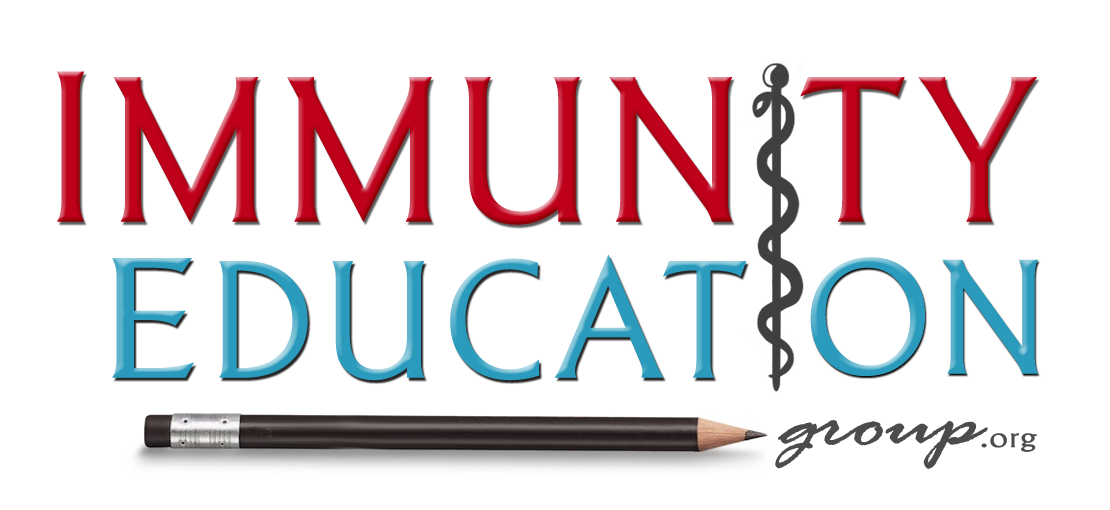Are CDC Estimates for Flu Deaths Accurate?
Argh, the data doesn’t add up! Let’s think about this. Why would the CDC so greatly exaggerate deaths for a “vaccine-preventable disease”? What could possibly be their motive in estimating mortality numbers up to 25 times higher than the real data? 🧐
Influenza is often quoted as an extremely fatal infection, one that did not stop killing people until after the vaccine was widely used. In the 1940’s, influenza was responsible for 1 in 10,000 deaths— not as common as its depicted. According to Peter Doshi, “The overall decline and influenza attributed mortality of the 20th century cannot be the result of influenza vaccination, because the vaccination was not widely used until the late 1980s. This rapid decline, which commenced around the end of World War II, point to the possibility that social changes lead to a change in the ecology of influenza viruses.”
In 1989, only 9% of all adults got the annual flu vaccine. Now that number (including elderly) is around 40%. Vaccine uptake has quadrupled even though mortality data has stayed pretty consistent since the early 80’s. In order to push those flu vaccine numbers higher, two things are at work here: fear-based media advertising, and state/federal mandates. In that same time period, those over 65 getting the vaccine have tripled.
I guess the point of me sharing this graph is to pay close attention to the numbers you are given. (And please tell me none of you bought the CDC’s “80,000 deaths” from the flu in 2017-2018.) Remember, they have already mandated the flu vaccine for 2-4 year olds in daycare in Connecticut and New York—no doubt based on those exaggerated numbers. If you feel yourself getting sucked in, remind yourself flu deaths have been very consistent for at least 40 years.
#dontbelievethehype #keepthemaccountable
https://www.ncbi.nlm.nih.gov/pmc/articles/PMC2374803/
https://www.cdc.gov/nchs/data/hus/2017/068.pdf
